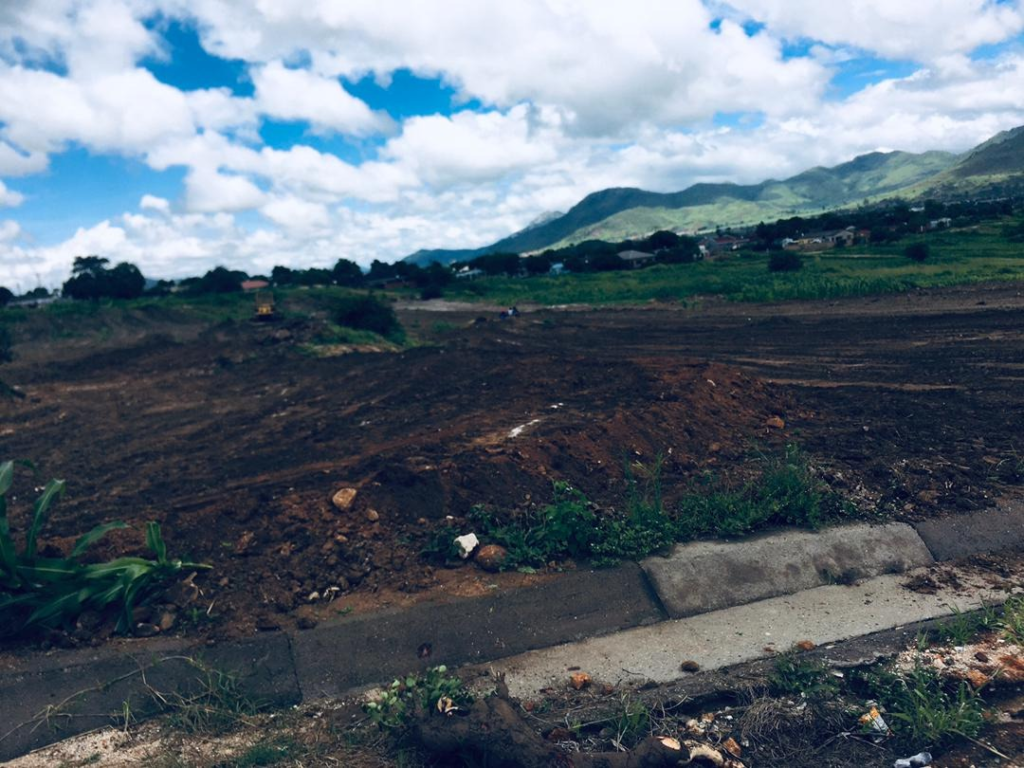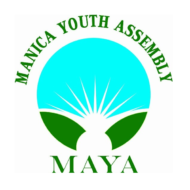An article by Lorraine Maposa and Melba Mhondera

The last two decades have seen a severe contraction of Zimbabwe’s economy, with agriculture, mining, and manufacturing sectors suffering mainly from poor policy decisions, resulting in massive unemployment. It is estimated that 90% of the Zimbabwean population ekes out a living in the informal sector, vending in open urban marketplaces. Mutare City Council, backed by the Zimbabwe Republic Police, recently chased vendors’ in the central business district of Mutare. This approach has not solved the continued disorder of sprouting informal businesses that subsist in Mutare, nor the infrastructural challenges that arise in overpopulated but underserved urban areas. Vendors and the city council in Mutare are in a clash due to the shifting and maintenance of markets, and parking areas, lack of communication between the city council and residents, and paying off the tax. However, this article will further unveil the recent clash between vendors and the Mutare city council due to the relocation of the vending market.
The market was violating the rights of the youth per the constitution of Zimbabwe amendment number 20 act 2013 chapter 2 section 20 subsection (d) which denotes that the youths have opportunities for recreational activities and access to recreational facilities as some residents want to use the Chikanga sports field for sports. Currently, in Mutare, vendors are resistant to the Mutare City council’s decision to shift the Chikanga Sports field vegetable market to the Mwamuka area. Many are now tired of being shuffled around since Covid-19 prevention protocols forced the closure of the main vegetable market in Sakubva in 2020.
The city council had to move the vegetable market due to pressure from the local people and youth-based organizations such as Manica Youth Assembly which represents the youth in marginalized communities. Of concern to vendors is the fact that the relocation is not being properly publicized and they might lose business and incur losses running as they deal with perishables. In an interview with some of the vendors, they argued that they have been religiously paying their dues for years and the least that the hundreds of dollars the local authority have been collecting for years should at least afford a more decent market unless the resources are being abused. The vendors are expecting the city council to offer facilities that are equal to the tax that they’re paying.
Furthermore, the city council is supposed to look for a place that will be permanent as well as provide requisite infrastructure including paved floors and sheds as vendors are paying taxes. The money they are using for renovations at the Mwamuka area was supposed to be used for other purposes such as constructing roads or maybe constructing other recreational centers for the youths. There is a sewer tank that is in the area being graded by the council and it may burst whilst people are selling their goods which will not be good for their health. Only a few people know that the vegetable market is being moved because the city council did not disseminate information to the citizens thus the local authority should always be inclusive when doing activities that concern the people as a way to know people’s views.
In conclusion, the local authority should consider looking for a permanent place for vendors so that they will see what their tax is being used for. They should also disseminate information to residents on time because they are working for the people.

